
[ad_1]
Eyeball dissection doesn’t belong in classrooms or anywhere else. There are better ways to teach students about eyeballs than by having them dissect one from a dead animal. Those eyeballs were obtained from animals who were violently killed, are drenched in toxic chemicals, and aren’t even effective teaching tools since they’re discolored and they have nearly indistinguishable features.
Students describe cow-eye dissection as “traumatizing” and “disgusting,” and they’d prefer to learn about anatomy without harming animals. TeachKind Science has come up with a humane and engaging alternative: an edible eyeball diorama!
Working in groups, students bake a circular cake at home and bring it to class. Then teachers equip them with icing, edible dyes, candy (all vegan, of course!), and fruit to make an anatomically correct model eyeball, which they can label with paper tags attached to toothpicks. Instead of having them endure the revulsion of cutting into an animal’s eyeball, this deliciously fun experience challenges students to create a model, learning about each feature as they go. No longer will they dread eyeball dissection day with its stomach-turning smell of formaldehyde and lose their appetite at the sight of a preserved organ. Now their mouths will water in anticipation.
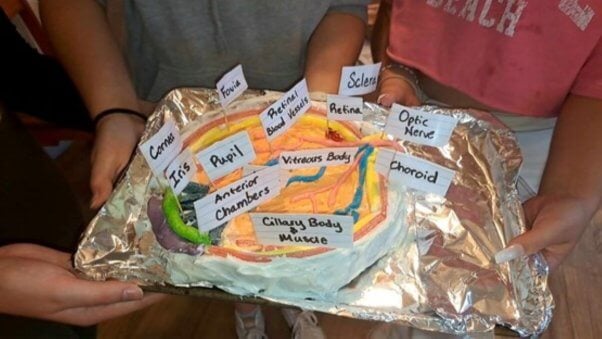
TeachKind Science tested this activity with a group of high school students, who said they strongly preferred the edible diorama over eyeball dissection. We’re sure that other students will feel the same way.
Follow the steps below to create your delicious model eyeballs.
- Prepare the cakes. Ahead of the lesson, have students bake cakes with their favorite vegan cake mix, using vegan milk and a vegan egg substitute. We recommend one cake for each group of to six students so that everyone has an opportunity to participate.
- Assemble the edible materials for creating the parts of the eyeball. Here are some suggestions:
- Food coloring
- Fruit by the Foot or Fruit Leather
- Grapes
- Laffy Taffy Assorted Mini Bars
- Sour Punch Straws (assorted)
- Strawberries
- Twizzlers
- Vegan vanilla frosting
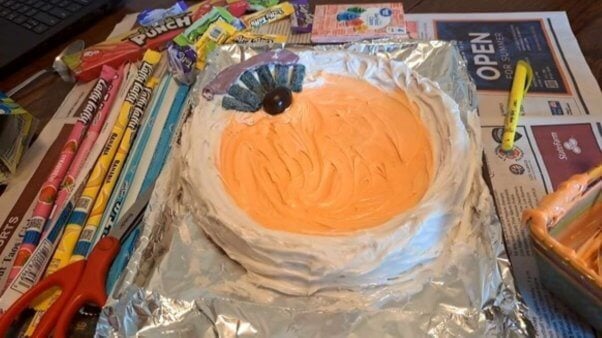
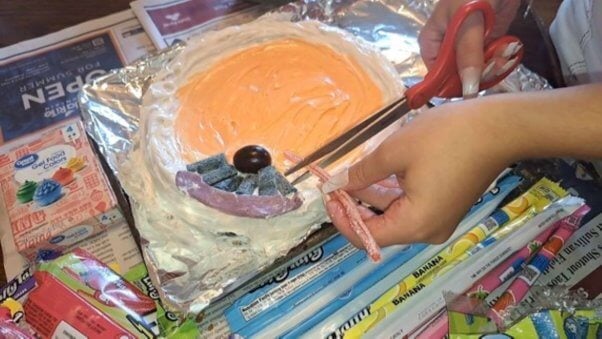
- Assemble the remaining materials.
- Icing tools (such as an icing bag and spreaders)
- Labels or small strips of paper
- Pencils
- Tape
- Toothpicks
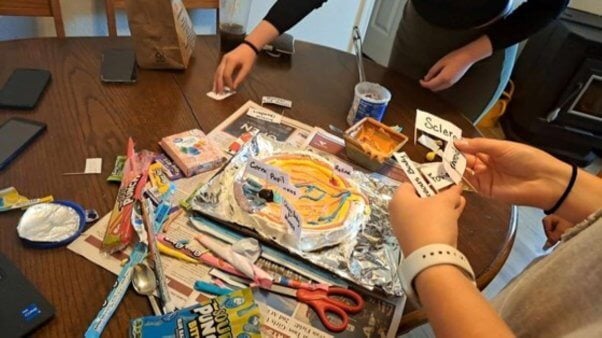
- Create your markers. Attach labels or strips of paper to the ends of toothpicks to create markers for each of the following ocular structures:
- Anterior chambers
- Choroid
- Ciliary body
- Cornea
- Fovia
- Iris
- Lens
- Macula
- Optic nerve
- Pupil
- Retina
- Retinal blood vessels
- Sclera
- Vitreous body
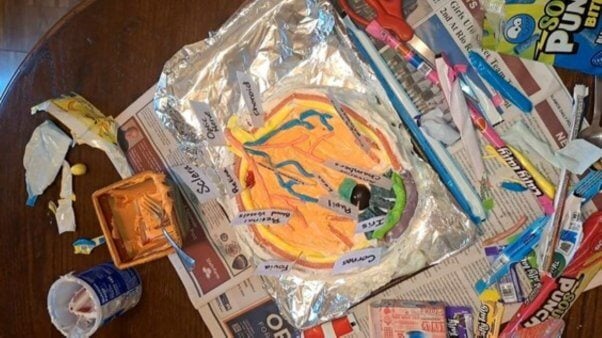
- Create your eyeball using the edible materials. Then label each ocular structure with an identifying marker.
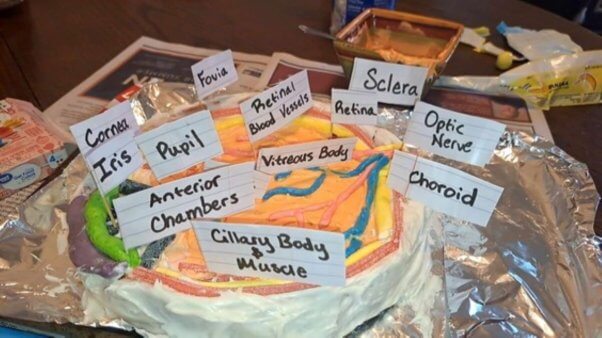
Feel free to share this idea with your colleagues to encourage humane science activities in their classrooms, too. And don’t forget to e-mail us photos of your students’ eyeball masterpieces at [email protected]. We may feature them in our next media post!
Check out these cruelty-free resources to help teach about human eyeball function and anatomy :
[ad_2]
Source link

Leave a Reply